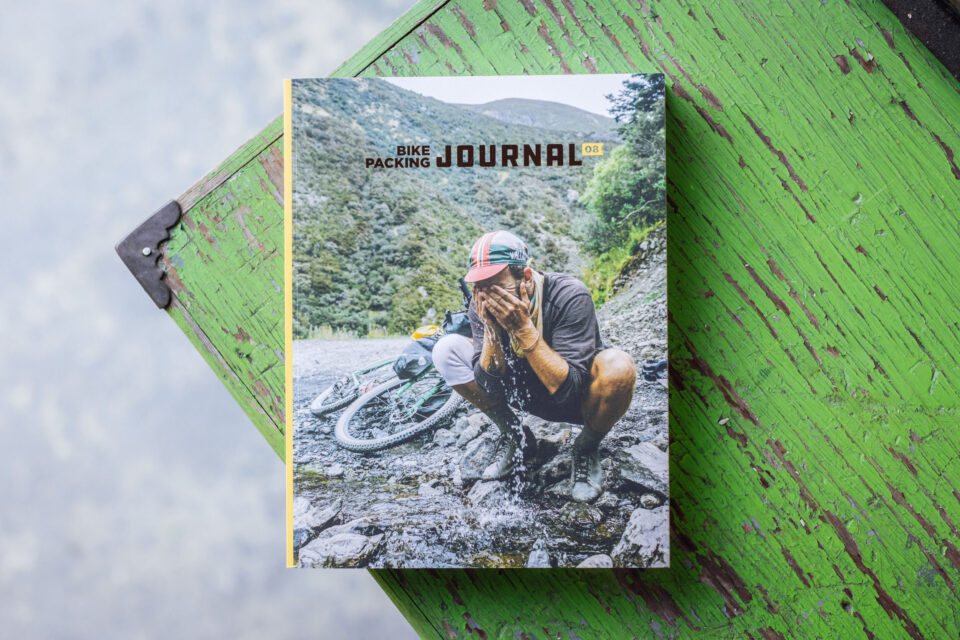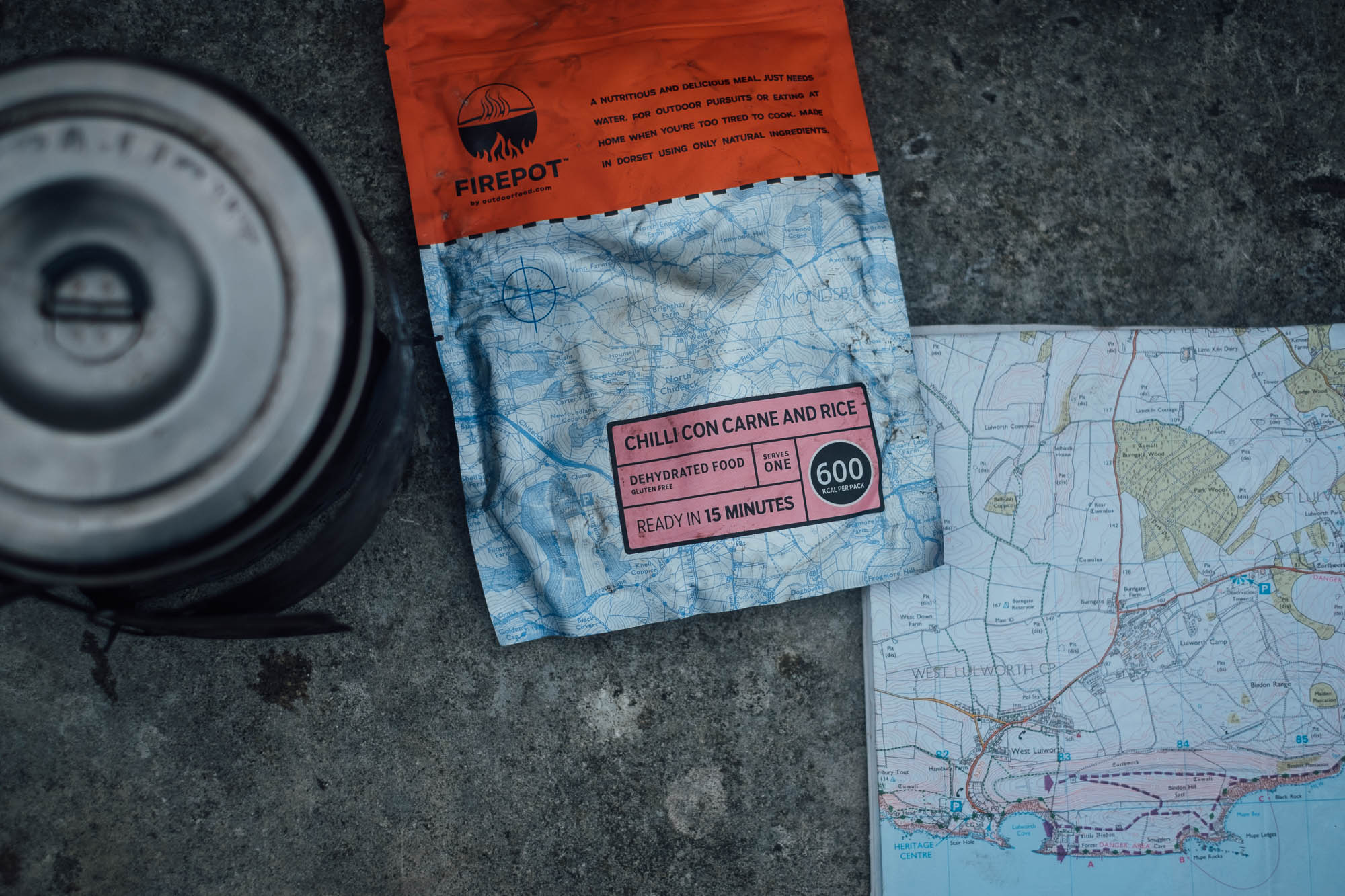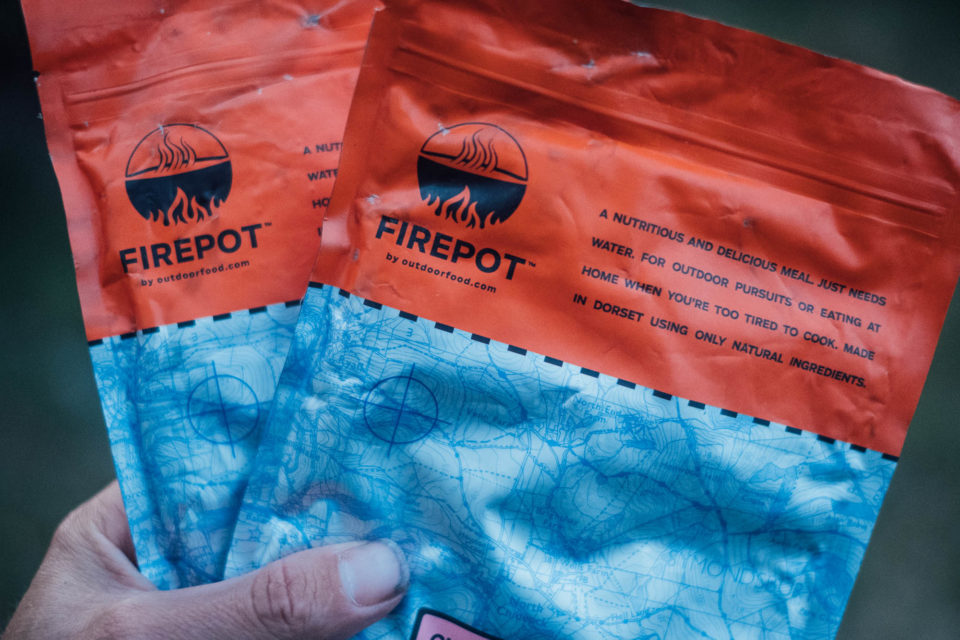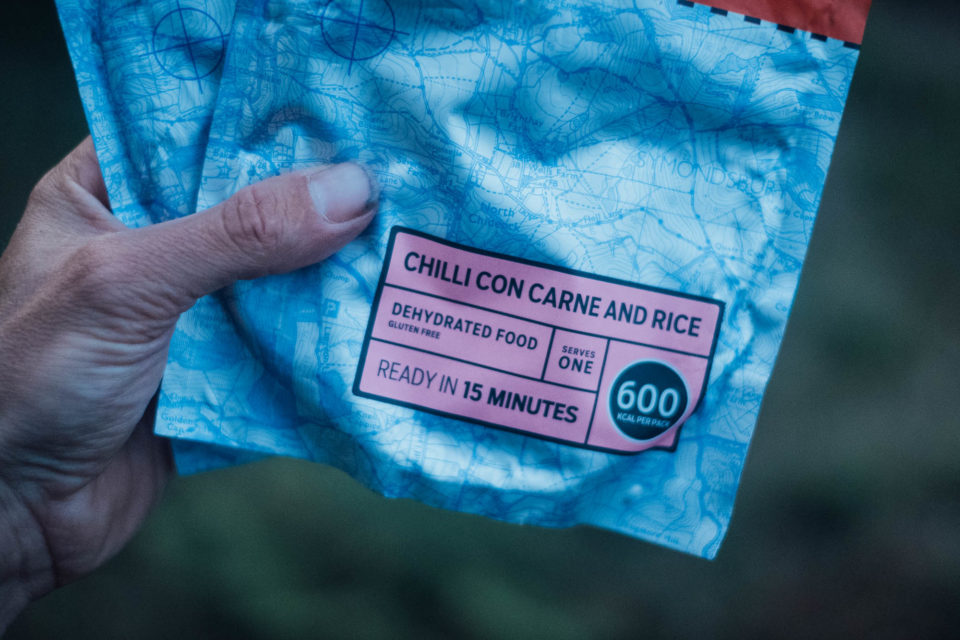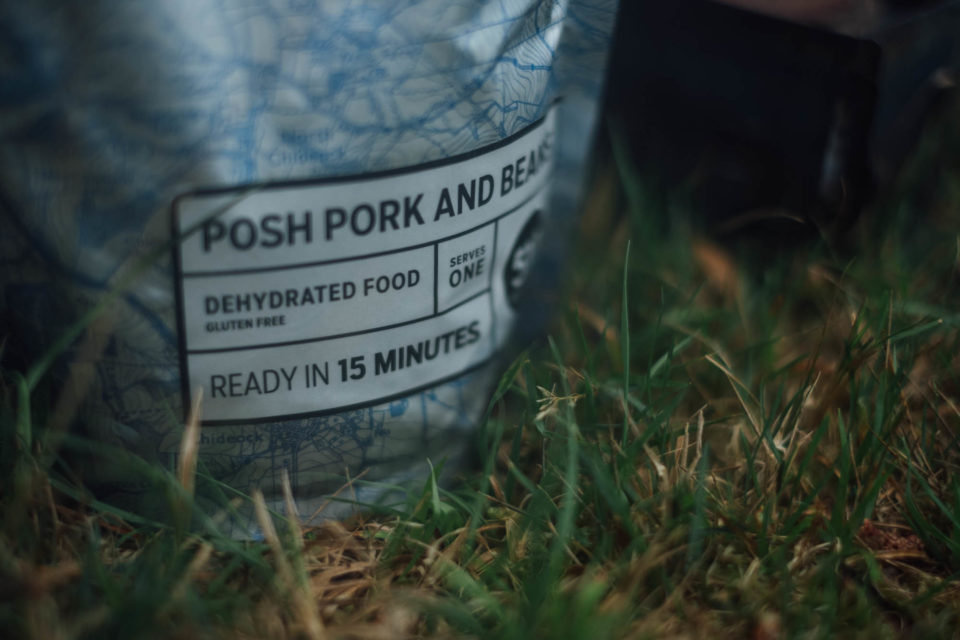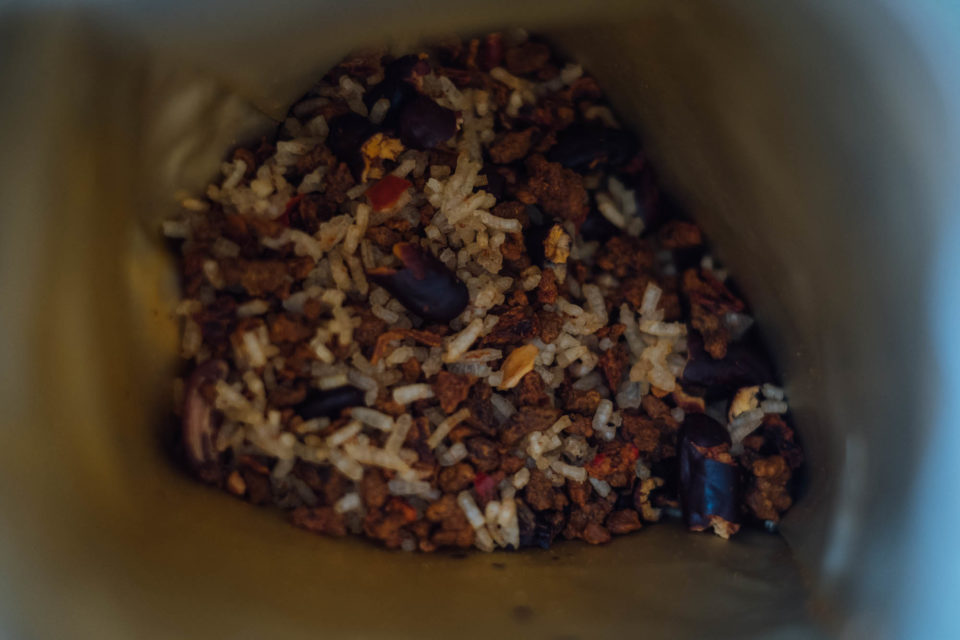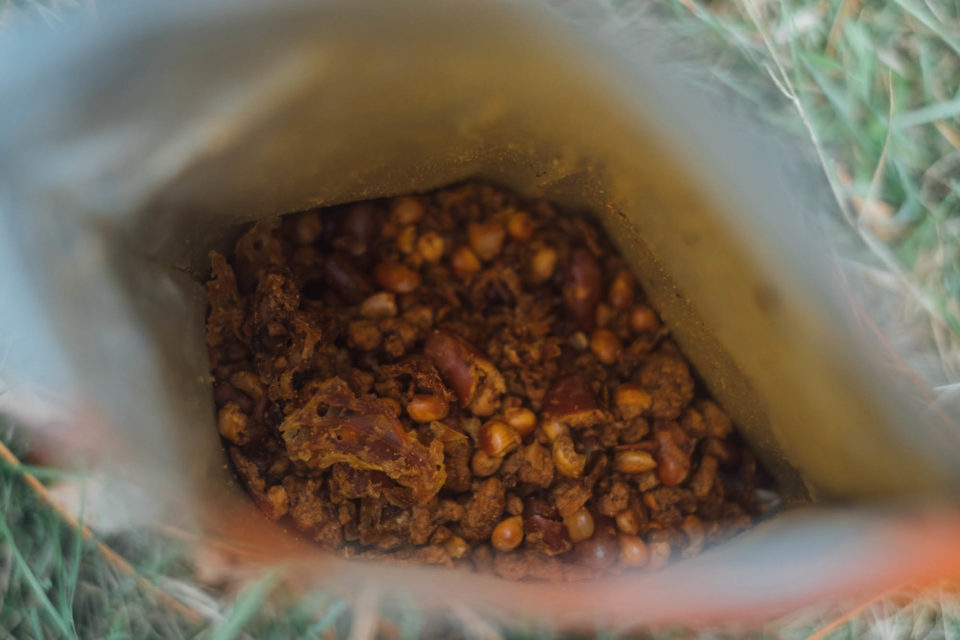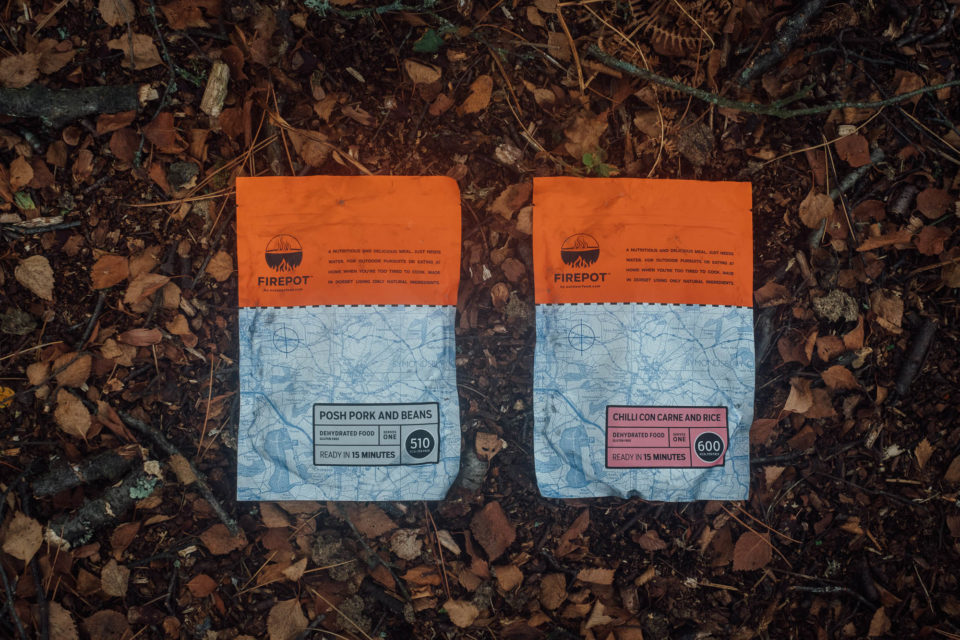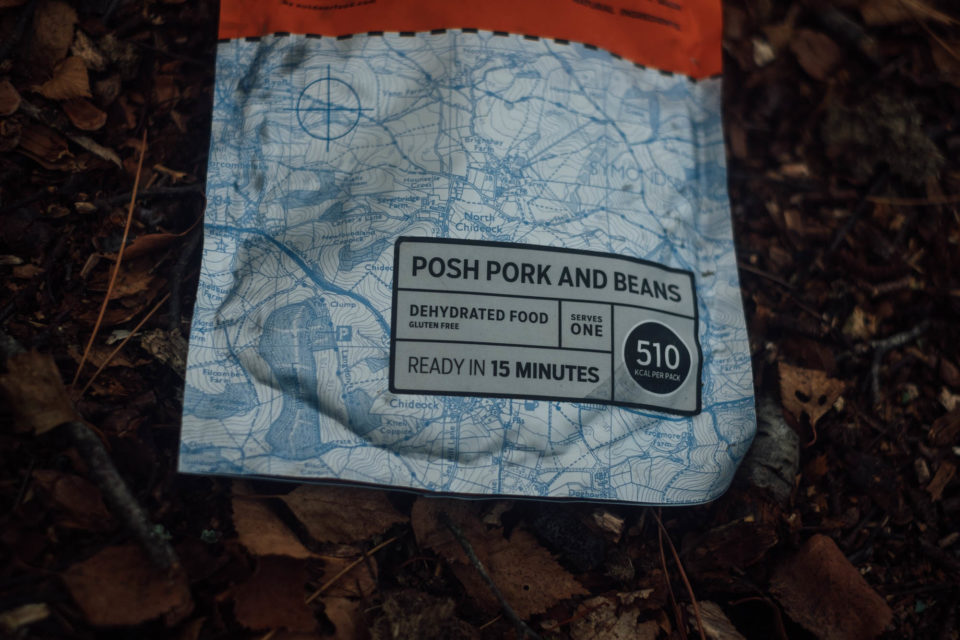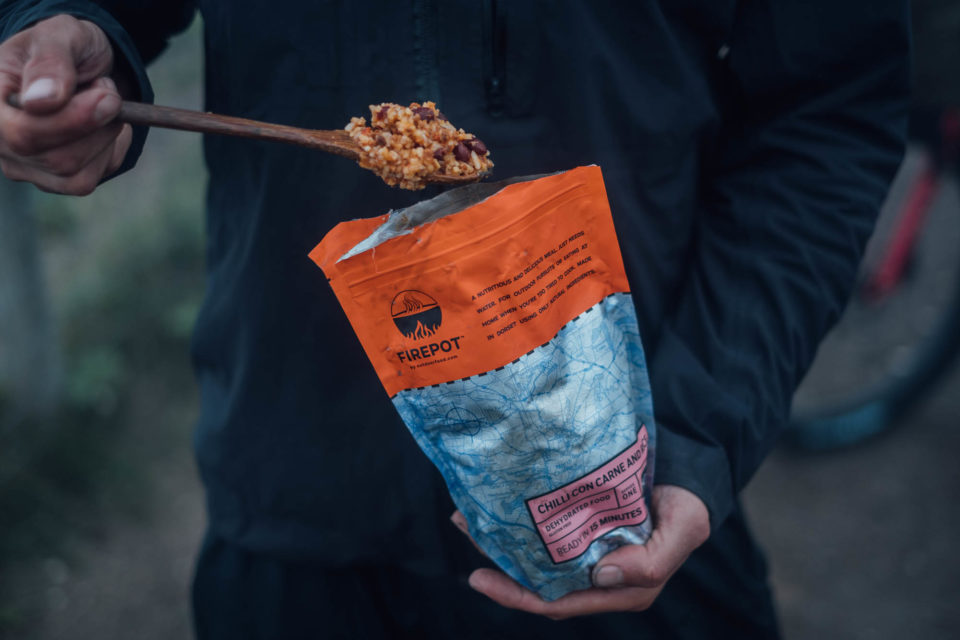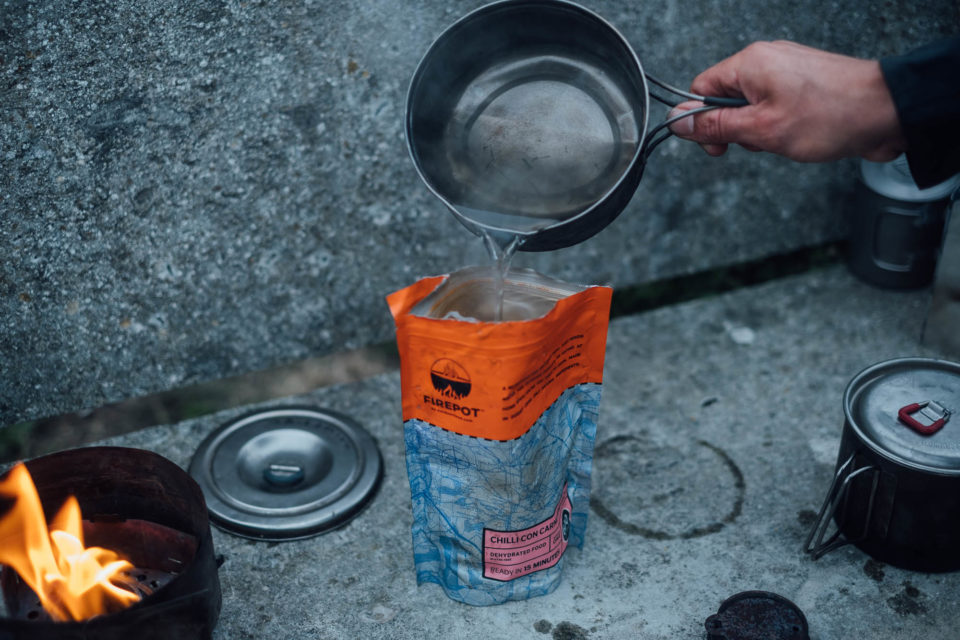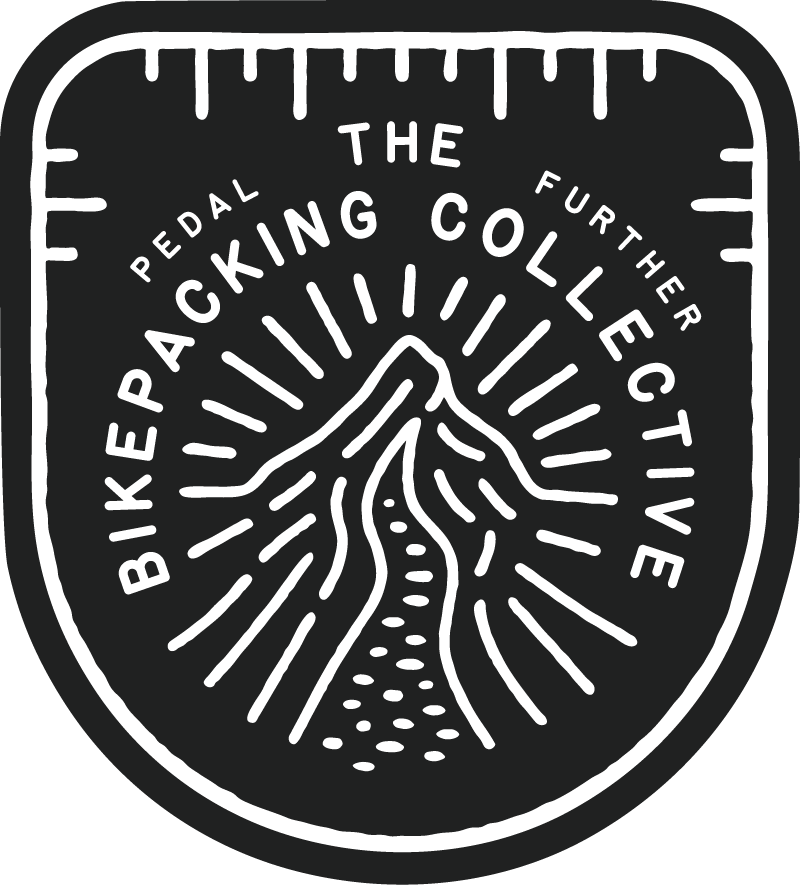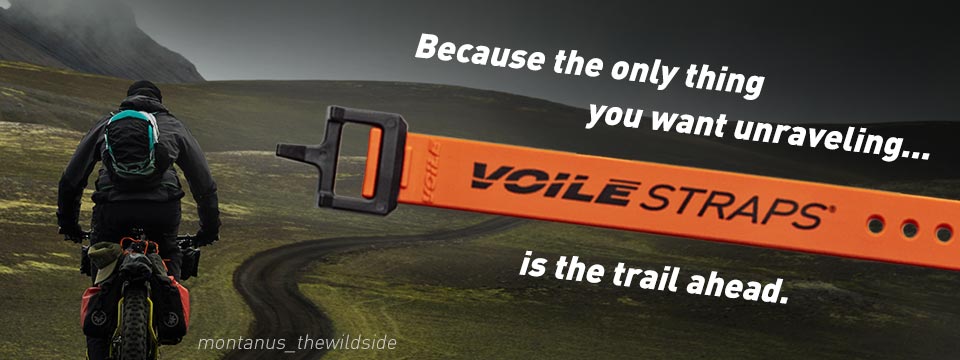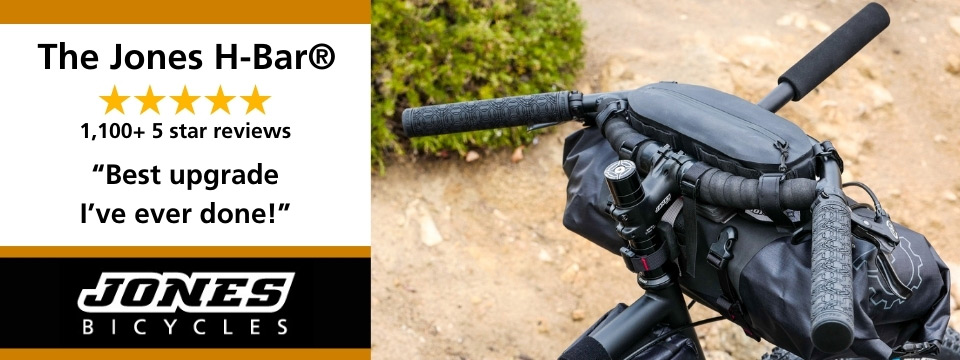Firepot Dehydrated Meals: Dorset Goodness
Firepot dehydrated meals promise tasty, wholesome, locally sourced, and ultralight meals to bookend your days in the saddle. We try out a couple of their meals in the woodlands of Dorset…
For the longest time, I’ve always seen readymade camping food as an indulgent, costly treat that I didn’t really need. It made the simple act of camping seem expensive. I mean, can’t we all get by on instant noodles and H2O? Then, I started to think a little more about what went into my system, and my once go-to packed foods were relegated to backups, stashed at the bottom of a frame bag for emergency hunger pangs.
Generally, I like to source my food as I go; I enjoyed hunting out good regional fare and cooking with fresh produce. Lately, though, I’ve gravitated to also carrying a couple of high quality, specialist meals that are almost as healthy. When the local stores can’t provide what I need, or that week-long route takes an extra day, it’s nice to know that I can call upon a good, nutrient dense, tasty meal. And, given that a couple of purpose-made meals add just a few hundred grams to your packlist, and are stored in bags that are tough enough not to wear through, the value of specialist camping food becomes more apparent.
All this is to say that it took a month of carrying two Firepot meals before I actually had good reason to eat them. Which, as it happens, was on a weekend bikepack in Dorset, UK, the very place they’re made.
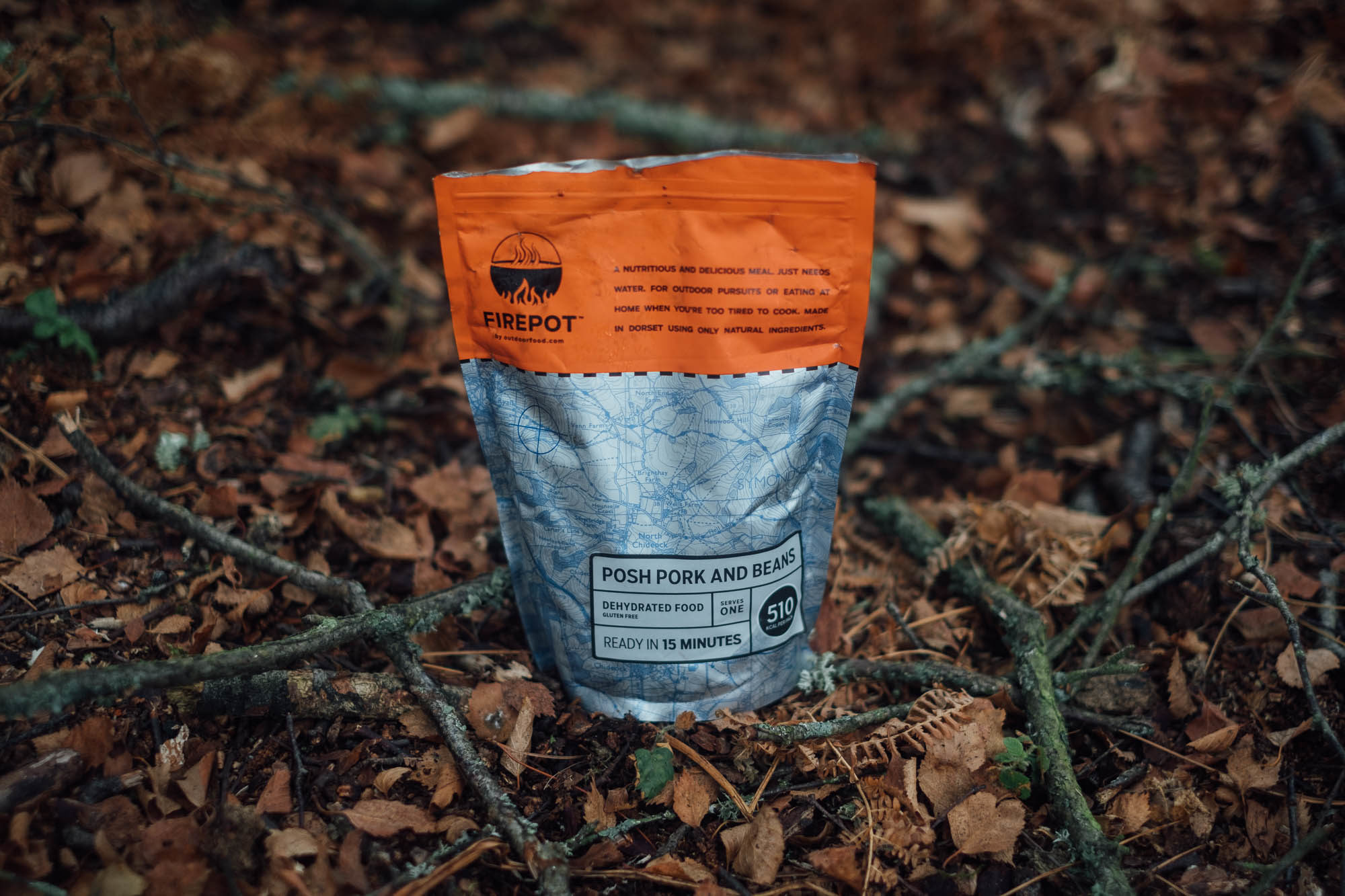
Taking a look at Firepot’s ingredients, it’s immediately apparent they tick a lot of boxes in terms of the variety of tastes, nutrients, and energy sources. What’s more, the meals are dehydrated rather than freeze-dried, as most other camping food turns out to be. It’s a subtlety I hadn’t quite appreciated; apparently freeze-dried meals, whilst lasting longer, tend to be dried and then mixed in the pack. Firepot’s meals are slow-cooked together, and then dehydrated, which the company believes preserve taste and texture. Plus, many of the bigger brand freeze-dried meals on the market feature various a whole host of preservatives. The Chile Con Carne I tried claims to offer 50% less sugar, 30% more carbohydrates, 35% less salt, and 100% less palm oil than popular alternatives. The listed ingredients are: Beef mince (27%), Tomatoes (22%), Rice (20%), Onion (12%), Red Kidney Beans (7%), Red Pepper (7%), Garlic, Red Chillies, Tomato Puree, Rapeseed Oil, Ancho and Chipotle Chilli, Beef Stock, Red Wine Vinegar, Cumin, Paprika, Cinnamon, Salt, Chilli Powder, Citric Acid.
The meals themselves are clearly labelled with the time it takes to rehydrate them (10-15 minutes), the number of calories they contain (540-700 kcal for the standard size portions or 750-1050 kcal for the XL bags), along with the amount of protein, carbohydrates, salt, and fibre. All the ingredients are listed clearly, as is the fill line, ensuring the 350ml of boiling water they need is measured out correctly. Flavors include a tempting and decidedly exotic menu of Orzo Pasta Bolognese, Dal and Rice with Spinach, Porcini Mushroom Risotto, Beef Stew with Pearl Barley, and Spicy Pork Noodles. Within these choices, there are options that are vegetarian, vegan, and gluten-free.
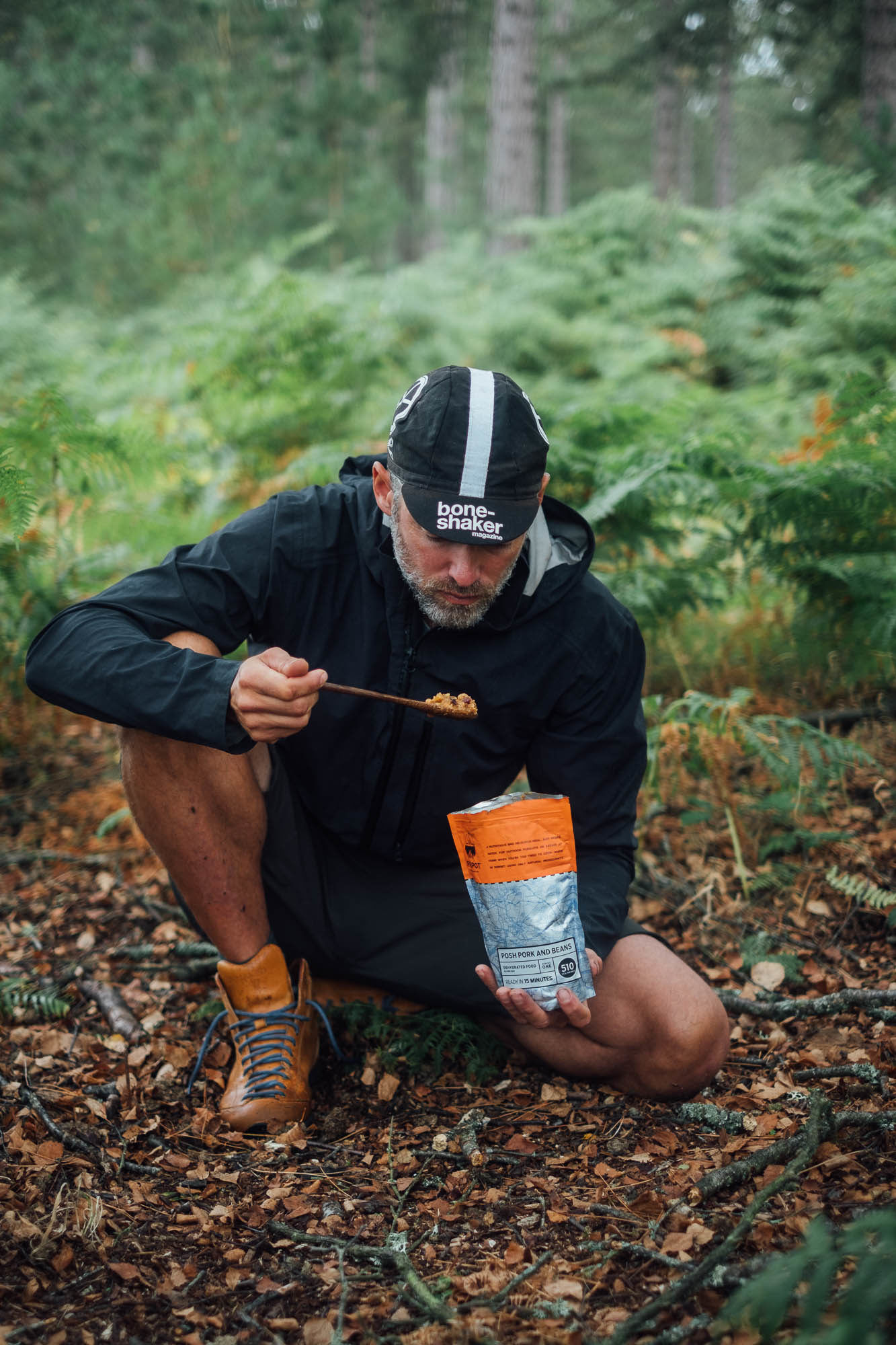
I’m not sure it’s possible to do photographic justice to a reconstituted dehydrated meal, so you’ll just have to trust my taste buds rather than your eyeballs on this one. The ingredients were definitely recognisable (!), and the meals tasted natural and wholesome. The standard portions aren’t enormous, but as long as you’re not famished, you likely won’t need the XL booster. Factor in the added water and you have yourself a warm, half-kilo meal in your belly.
Talking of which, getting the right water levels and leaving the food long enough to rehydrate is key; some people even recommend adding boiling water in, little by little. I thought I followed the fill guideline but the Posh Pork and Beans I tried for breakfast ended up being a bit watery. Still, it tasted very good nonetheless. As meals go, it’s certainly on the sweet side, offset by a range of flavours and textures that worked for me. Listed ingredients are: Minced British Pork (27%), Beans (20%, Haricot, Borlotti, Adzuki), Potato (20%), Onion, Tomato Ketchup (Tomatoes, Vinegar, Sugar, Salt, Spices, Celery), Black Treacle, Tomato Puree, Garlic, Tabasco, (Vinegar, Red Pepper, Salt), Ginger, Tabasco (Vinegar, Red Red Pepper, Salt), Ginger, Rapeseed oil, Mustard powder, Salt, Pepper.
When it was time for dinner, I took special care to be extra precise with the water I added, and this time it came out with just the right consistency. I left it a few extra minutes too, stirring quickly and occasionally, figuring dehydrated rice can have a tendency to be a bit crunchy. The tactic of patience worked: the beans were plump and the spiciness just right. My only let down was that it lacked enough salt for my palate, but that’s easily remedied.
Comparatively, camping food will always seem expensive when placed beside ready-made meals you can find at your nearest supermarket metropolis. I’d actually consider the £6.50-£8.50 UK price tag (depending on portion size) to be fair, given the quality of the ingredients contained within, and where they’re sourced.
Impact-wise, I’ve long felt that eating camping food housed in non-recyclable pouches is at odds with being in the great outdoors. But at least these ones are both pretty and tough, so I can see them being washed out and finding a new life as freezer bags. Note: you’ll likely need a long spoon to access the bottom corners if you don’t want to chop the pack open.
Still, I was curious to know if improvements could be made. Given that Firepot stresses the importance of ingredients that are all sourced locally, I dropped founder John Fisher a line to find out more about his thoughts on the actual packaging. And it’s good news, looking forwards. According to John, “I’m afraid that the pouches that we have to use to prevent oxygen, water, and light harming the food are a combination of plastic and aluminium so are currently not recyclable. We have been working for the last six months on compostable packaging and we will be launching our new range of packaging towards the end of September. We will still have plastic pouches (for those using the food in extreme environments where the pouches have to be more durable and waterproof) but all our food will also be available in compostable pouches. These will rot down into compost within a year (actual time depends on the climatic conditions) so can be disposed of in compost or landfill. The big difference is the compostable pouches cannot hold water, so you have to tip the dry food in the pan, add cold water, bring to the boil, turn off, and wait. It takes the same amount of time but involves a little washing up.”
Delivery to the UK costs £3.50 for orders up to £15, and is free above that. They’re also sold online by Alpkit. Check the website for prices to Europe, and contact them directly for deliveries beyond.
Pros
- ‘Real’ meals
- Locally sourced
- Good, complex tastes
- All natural ingredients
- Vegetarian, vegan, and gluten-free options
Cons
- A little expensive; if you’re hungry, you’ll likely want the XL
- The Chile Con Carne needed salt (in my opinion)
- Additional £3.50 delivery costs for orders under £15
- Weight 105-200g
- Place of Manufacture Dorset, UK
- Price £6.50-£8.50
- Contact Firepot
Wrap Up
As someone who strives to put good food into my body, especially when I ride, much of my satisfaction from Firepot’s meals came from the feel-good factor of enjoying a healthy dinner at the end of the day. Because first and foremost, Firepots offerings taste like complete, ‘real’ meals, not a contrived camping food where calorie counting dictates the ingredients. And, the taste is really, really good! Gluten-free and vegan options mean no one is left out, and they’re well-rounded meals too, though you should read the labels if numbers are important to you, as the actual nutrients and energy vary from pack to pack.
It’s true, there are some excellent freeze-packed meals on the market – Lyo and Good To-Go are my personal favourites. Yet, as good as they are, they can’t match Firepot for that ‘homemde’ taste and texture. Yes, you can take the homemade ethos one step further and prep your own meals, invest in a dehydrator, and fill a zip-lock bag – which I’ve done in the past. But it calls upon a wide variety of ingredients and takes a lot of time.
If you’re busy and want good quality, convenient, lightweight food that’s free of preservatives, I can see Firepot’s offerings being completely worth their price. It’s also commendable that Firepot is sourcing all their ingredients close to home, looking at ways of reducing trash, and trying to do things the ‘right’ way. After carrying my Firepot meals around so long, I just wish I’d eaten them sooner!
Thanks to Mike Hayes for the additional images.
Please keep the conversation civil, constructive, and inclusive, or your comment will be removed.




